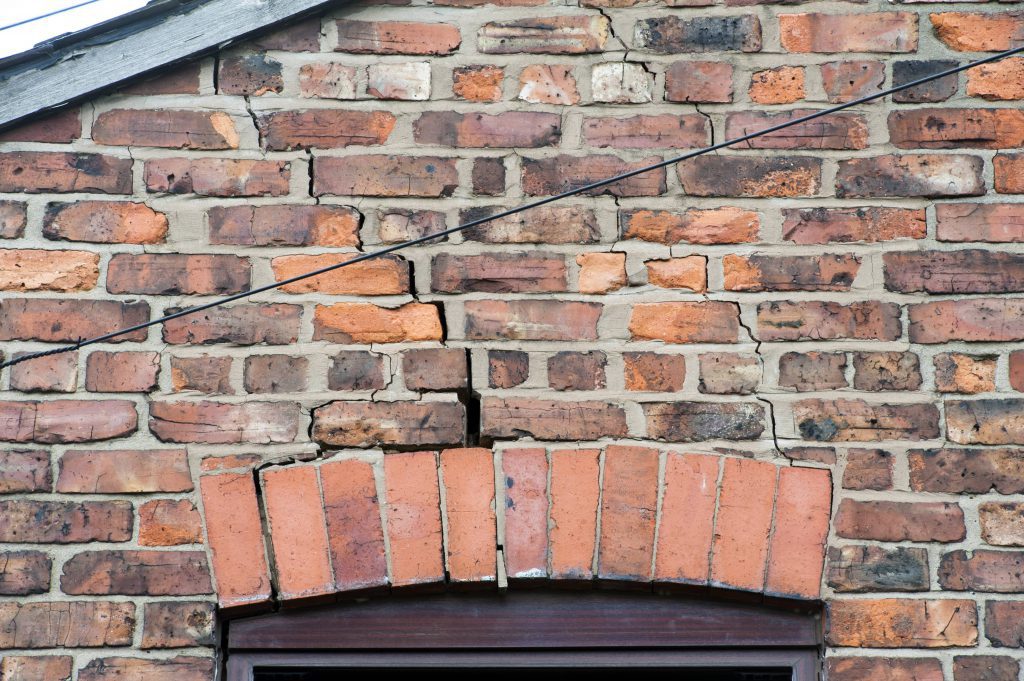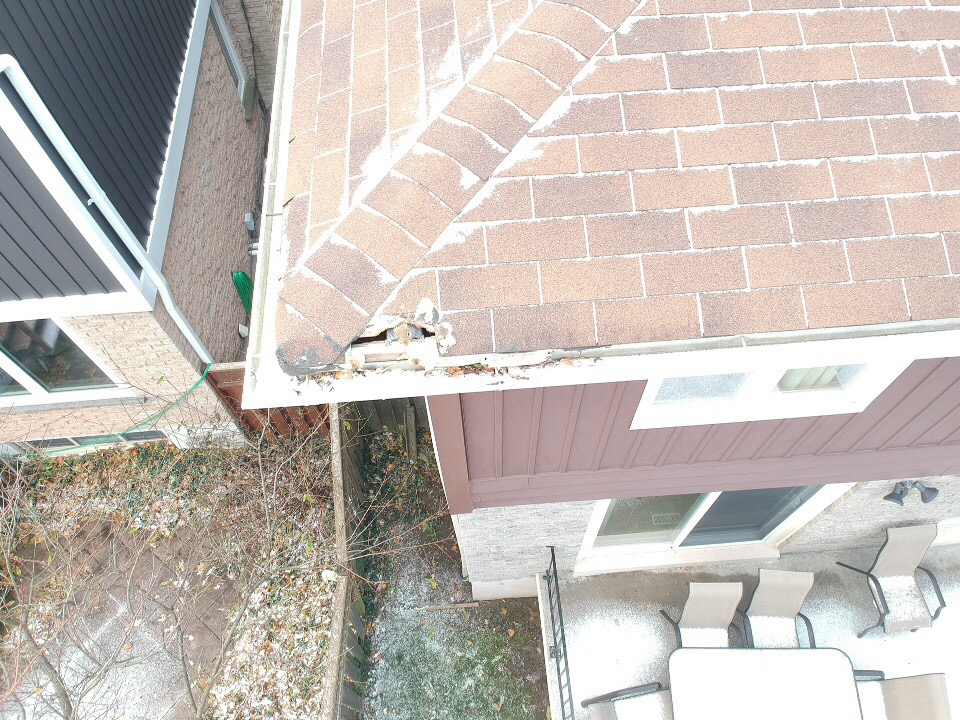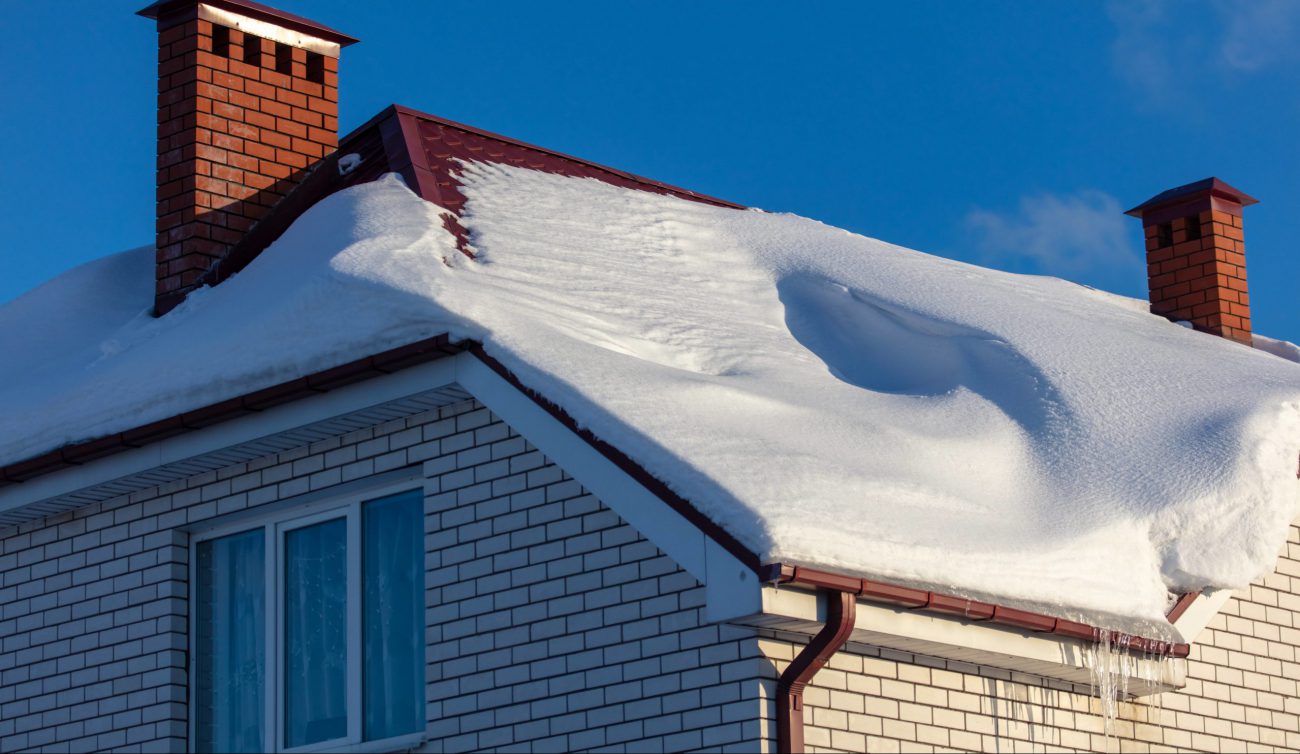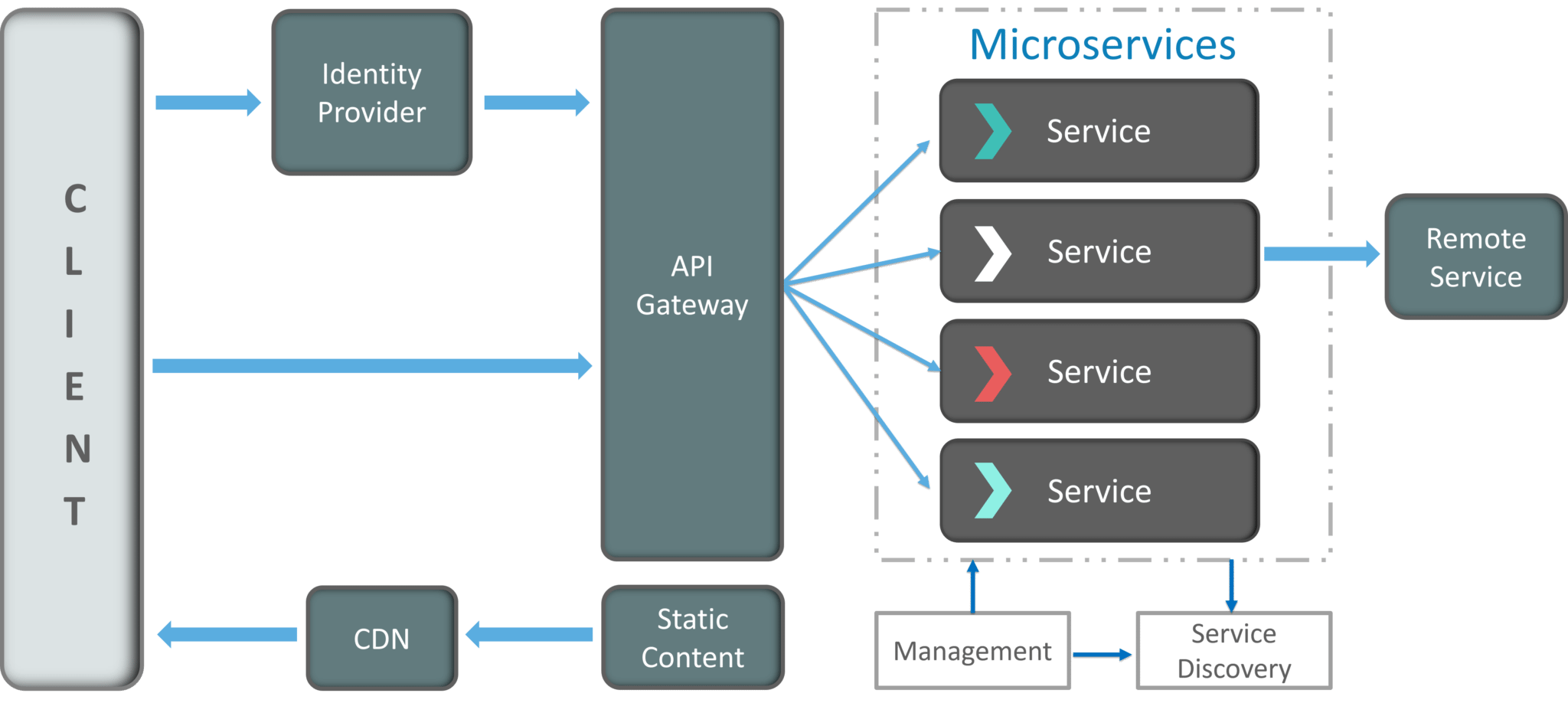Table of Content
If it is an old air conditioner, the depreciated value may not be very high. If the policy is a replacement value policy, then the insurer should pay enough to get a new air conditioning unit. It’s vital to note that insurance providers are not the same, they differ.

Home insurance companies generally provide coverage to damages on home caused by falling trees. So, if a big falling branch has shattered your AC unit, you can certainly ask for reimbursement from your insurer. Mechanical breakdown coverage can financially safeguard your AC if it stops working due to improper installation, or if it fails after a power surge.
Types of Insurance
We are compensated in exchange for placement of sponsored products and, services, or by you clicking on certain links posted on our site. Therefore, this compensation may impact how, where and in what order products appear within listing categories. While we strive to provide a wide range offers, Bankrate does not include information about every financial or credit product or service.
Expect to pay between $25 to $50 per year to have this coverage on your homeowners insurance policy. Again, if you’re unsure whether your policy covers replacement or cash value, speak with your provider. They can walk through your policy with you and determine whether they would reimburse repairs or a replacement. Yes, your homeowner policy will cover many situations, but you should know about all exclusions. For example, most insurance companies won’t cover damage related tocatastrophes like floods and earthquakes. Cosmetic damage that occurs due to hail or another severe storm may not be covered, either.
Does Homeowners Insurance Cover Stolen Property?
For example, air conditioning counts as property covered as long as it is damaged by a covered cause. However, maintenance issues, such as broken parts or the replacement of an aged system are disqualified because wear and tear do not count as covered perils. An insurance policy will cover damage to an air conditioner if it occurred as a result of a covered peril. It will not pay for damage to an AC unit or to other HVAC equipment if the damage occurs as a result of normal wear and tear. But does homeowners insurance cover AC or other components of an HVAC system? This guide will provide insight into when a home insurance policy will pay for repair or replacement of an air conditioning unit.
We do not include the universe of companies or financial offers that may be available to you. You can buy homeowners insurance from most major insurance providers, such as State Farm, Progressive and GEICO. Smaller insurance companies, like Hippo and Lemonade also offer homeowners insurance. Central air conditioning units generally have a lifespan of around 15 to 20 years. Any AC unit failing around this age on its own would likely be considered a home maintenance issue by your insurer.
Does Homeowner Insurance Cover AC Units?
Like most insurance policies, your homeowner’s insurance policy could be unique to your property or province. Reach out to our advisors at APOLLO Insurance today to get custom insurance that’s suited to your specific needs. If a maintenance issue were to occur and water from your AC unit were to leak into your home and cause flooding, you would not be covered by your home insurance policy. Home insurance covers damage to appliances when the damage is a result of a peril or disaster that’s included in your policy. The insurance adjuster assigned to your claim will contact you to set up a time to come survey the damage and work on an estimate for the cost of the damage, repairs, or replacement.

If the cause of the leak was neglect, lack of maintenance, or just equipment breakdown due to age, the insurer will probably deny your claim. Homeowners insurance does not cover AC units for normal wear and tear, neglect, age, and any specific exclusions outlined in the policy. When you file a claim, the initial cause of loss is key to understanding if the claim will be approved and paid. If a falling tree or branch destroys your AC unit, it’s covered because most policies cover damage incurred by trees. Similarly, if someone steals or destroys your HVAC system, you’re protected.
Before filing a claim with your insurance company, review your policy to understand the coverage that applies to your HVAC system. If you’re not happy with the amount of coverage you currently have, it’s essential to compare quotes until you find a provider you’re satisfied with. By shopping around, you may even be able to lower your insurance rates.

It’s to note here that home insurance companies generally follow different coverage principles when it comes to window AC and central AC. As a central AC unit sits inside your home, it’s treated as a part of the entire home’s structure. Thus, the chances of getting coverage for damaged central AC units are always high.
Do not rush to call up your insurer the moment you encounter a damaged AC. First, you will survey, check the causes and then make an estimate of repair costs. Then, if the damage is eligible for home insurance coverage- compare the repair costs with the estimated repair amount from the insurer.

If you are not comfortable with the type or amount of coverage offered, compare homeowners insurance quotes until you find a provider that meets your needs. You may even be able to reduce your homeowners insurance cost by shopping around. The offers that appear on this site are from companies that compensate us. This compensation may impact how and where products appear on this site, including, for example, the order in which they may appear within the listing categories. But this compensation does not influence the information we publish, or the reviews that you see on this site.
It helps with expenses to repair and replace damaged property after a mechanical breakdown, including the air conditioner itself. Additionally, your insurance provider won’t cover an AC replacement if your air conditioner stopped working prematurely because you neglected to care for it. If you’ve never performed routine checkups on your air conditioner, you can’t expect it to last as long as it should. And, your insurance won’t cover it since you failed to maintain it.
